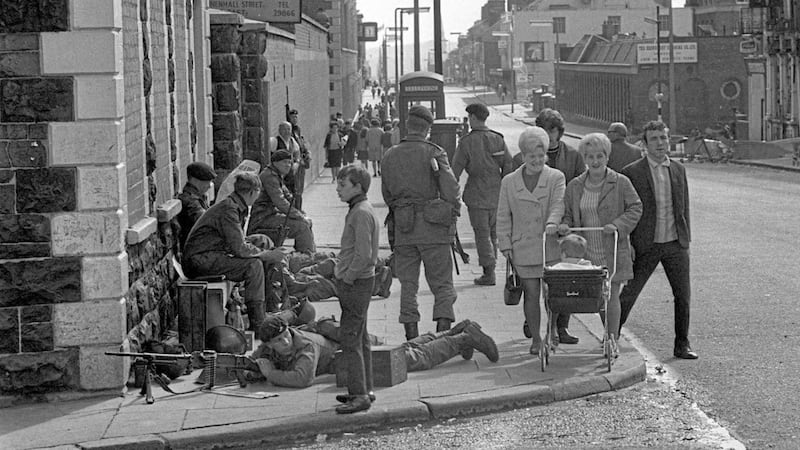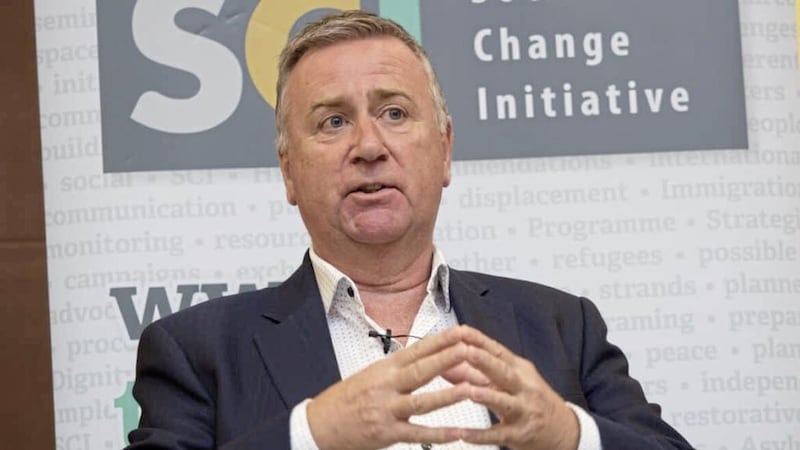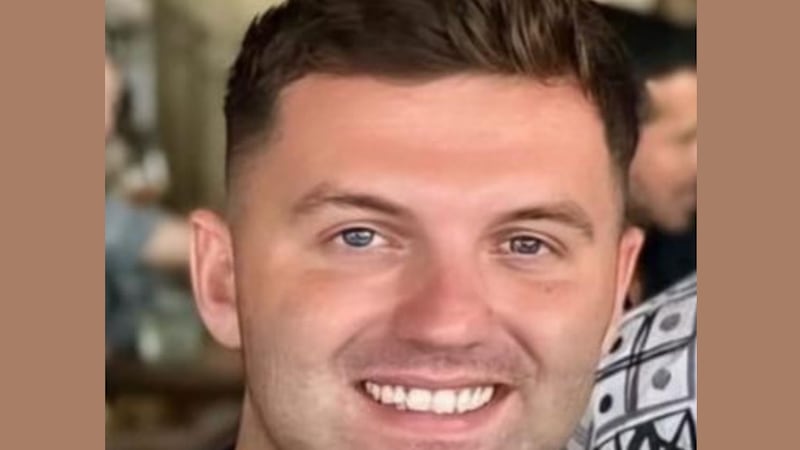A long-delayed public inquiry into systematic abuses by undercover policing units over 40 years will focus on a Metropolitan Police unit which targeted Irish civil rights campaigns in Britain.
Counsel to the inquiry David Barr QC said in his opening statement yesterday that the Special Demonstration Squad (SDS) was set up amid protests over the Vietnam War in the late 1960s.
There were official concerns that public anger over the war and unrest in Europe signalled that far-left groups in England and Wales were planning disorder at home.
Initially the Special Demonstration Squad, also known as the Special Operations Squad, targeted only far-left groups and those associated with Irish civil rights campaigns.
At first officers were deployed undercover for weeks or months, rather than the years-long assignments seen later.
Documents from the time suggested that the unit had only a budget of a few thousand pounds per year between 1968 and 1973, whereas it actually had £500,000.
The start of the Troubles in the late 1960s is thought to have fuelled ongoing SDS interest in groups campaigning on Irish issues in England and Wales.
Mr Barr said: "The Troubles may be important to the Inquiry's work because the desire for intelligence about groups campaigning on the mainland on Irish-related issues appears on the face of the documents recovered to have been at least one of the maintaining factors in the continued existence of the SDS after 1968."
Next week the inquiry is due to hear evidence from three civilian witnesses who were members of groups targeted at this time, including Dr Norman Temple from the Irish National Liberation Solidarity Front.
It will then hear from undercover officers tasked with spying on the groups.








